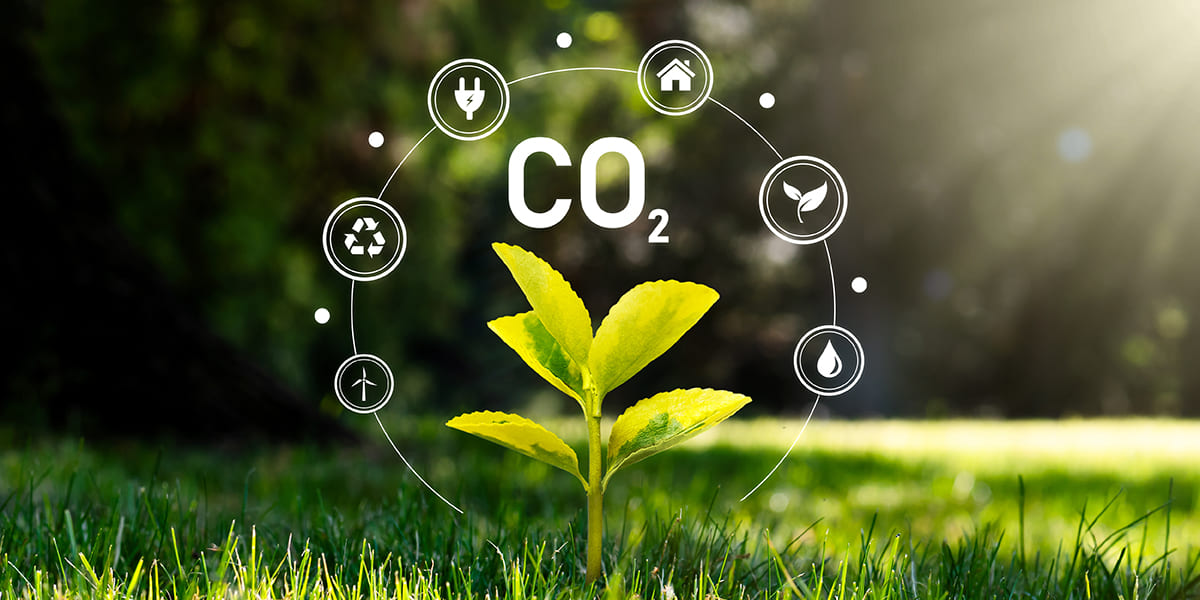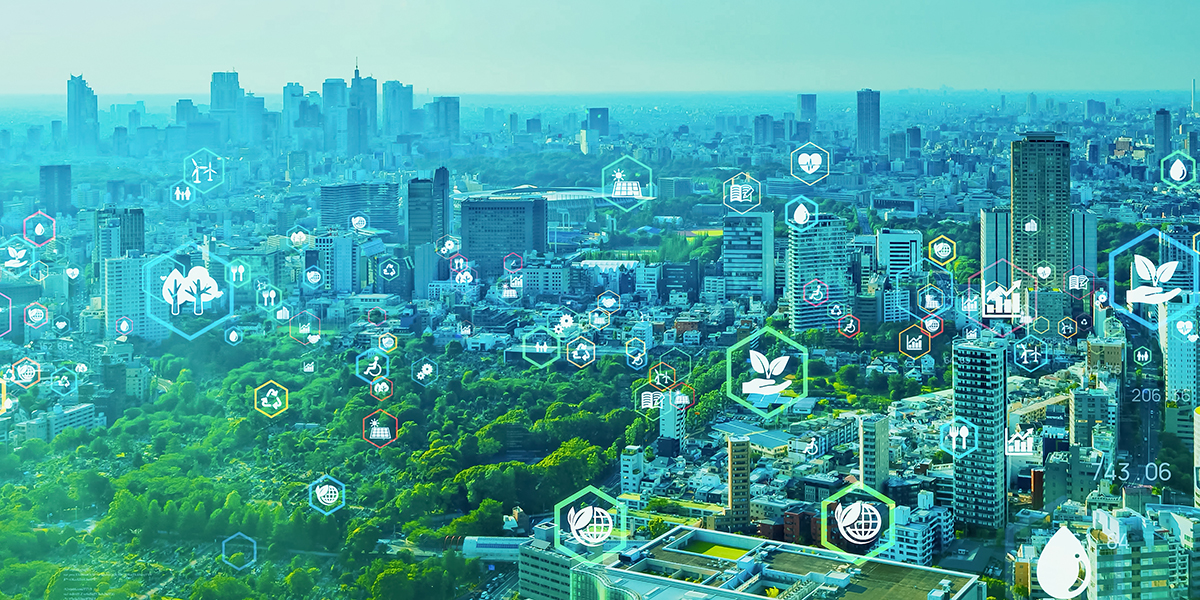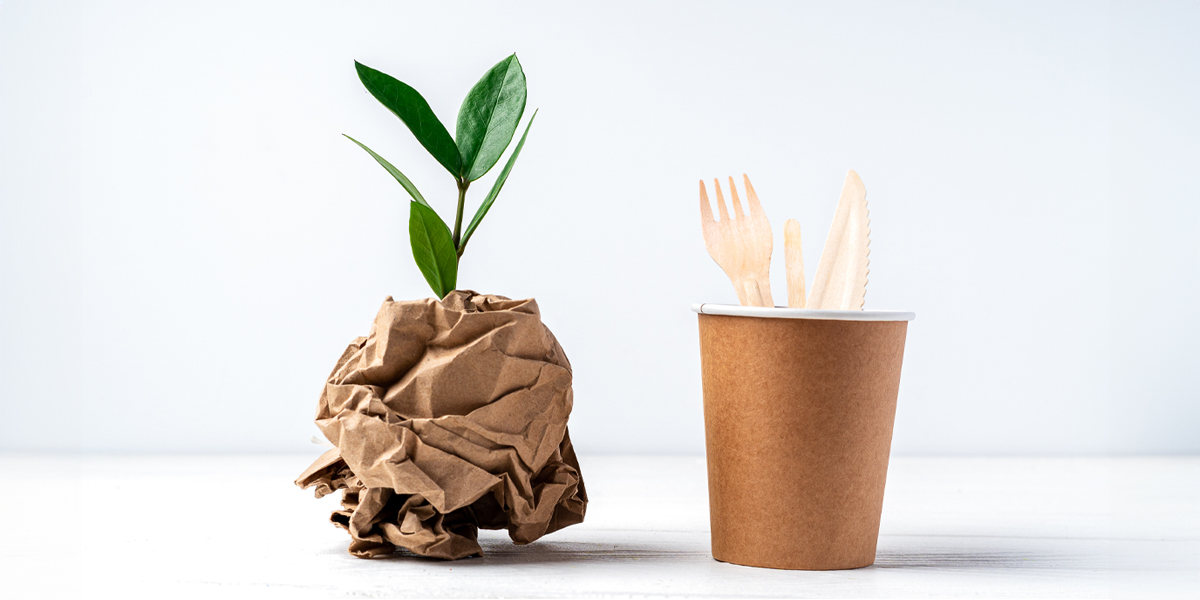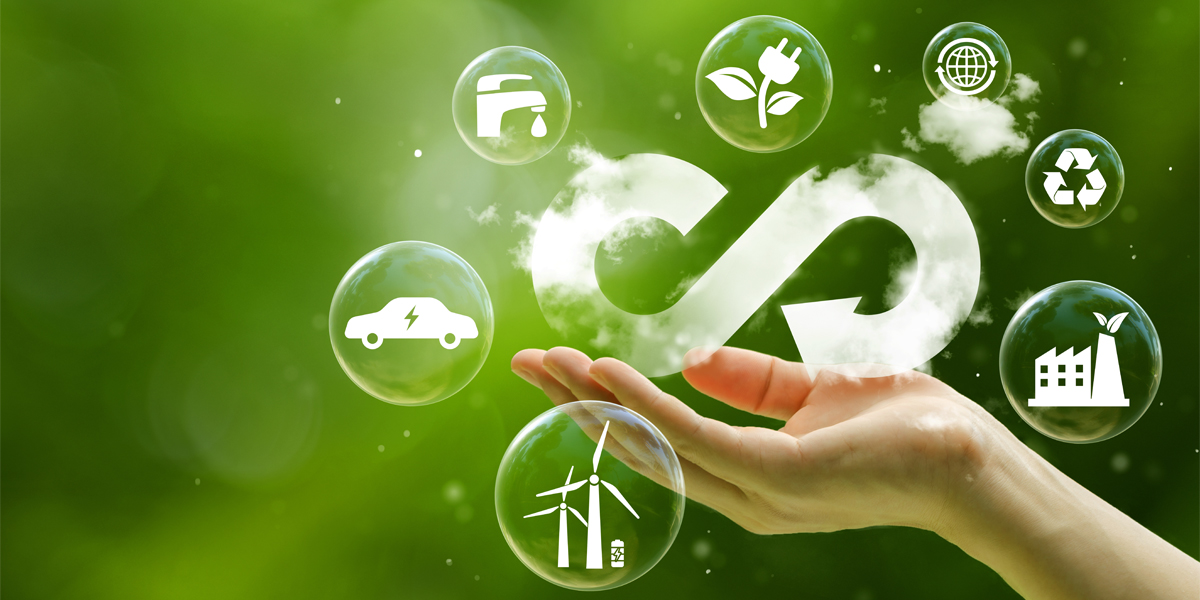Recycling refers to the process of reprocessing used materials to produce new products. This process reduces the environmental impact of waste and enables the sustainable utilization of natural resources. Recycling also helps save the energy required for manufacturing products.
Importance and Benefits of Recycling
Recycling holds significant importance for the concept of sustainability. The ability to reuse natural resources is considered essential for the future of our planet. Reusing waste materials helps in the more efficient and effective utilization of natural resources, thereby reducing the need for activities like deforestation or mining. Additionally, recycling prevents waste from becoming garbage, reintegrates it into the usage cycle, and reduces environmental pollution.
Recycling also leads to substantial energy savings. Processing waste requires less energy than producing new materials from scratch. For instance, utilizing existing scrap metals is easier than extracting and processing metals from raw sources, thus reducing the use of fossil fuels and contributing to resource conservation. From an economic perspective, the recycling industry creates new job opportunities and generates economic value. Embracing recycling is considered a significant priority both for environmental sustainability and economic development.
Commonly Recycled Materials
Numerous materials can be recycled, including paper, glass, metal, and plastic, which are categorized into main groups. Recycled materials can be found in various aspects of life.
Paper recycling aims to conserve forests by reducing the need for tree cutting and enables the reuse of waste paper. Glass recycling involves processing glass containers to produce new products, reducing natural resource usage and energy consumption.
Metal recycling, including metals like iron, aluminum, and steel, helps conserve energy and reduces environmental impacts by reprocessing metal waste. Plastic recycling enables the reuse of plastic waste and conserves natural resources required for producing new plastic products. Recycling these materials contributes to environmentally friendly waste management and more efficient utilization of natural resources.
Electronic waste recycling involves environmentally friendly processing of used electronic equipment (such as computers, phones, and televisions). Scrap recycling typically involves collecting used and idle parts such as metal, plastic, and glass and sending them to recycling facilities.
Energy and Resource Conservation: The Role of Recycling
Recycling processes play a crucial role in energy and resource conservation. By reprocessing and reusing waste, recycling reduces the need for raw materials required to manufacture new products. For example, metal recycling significantly reduces the energy used in ore mining and metal production. Additionally, paper and glass recycling prevents resource depletion, leading to energy savings.
As these efforts accumulate, the need for new resources to create things diminishes, allowing our planet to sustain itself more independently. The goal of utilizing resources efficiently, which is at the core of sustainability, indicates that recycling will become an even more critical factor in our lives in the coming years.
Borusan Cat and Recycling
At Borusan Cat, we take actions towards sustainability in line with the i3 focus (climate, people, innovation), aligned with the '17 Sustainable Development Goals' set by the United Nations. Within this framework, we focus on waste management and recycling within the climate scope, workforce developments within the people scope, and technology and innovation management within the innovation scope, making sustainability a part of our focus areas. In this context, we ensure the recycling of waste generated in our revision centers and strive to reduce the water and energy used in the revision processes. With our Build Exchange Business model, we acquire damaged or faulty equipment and parts from our customers, and repair them in our revision centers, making them suitable for secondary use. While offering these parts to our customers as a more affordable and Borusan Cat-guaranteed alternative, we also save the resources and energy needed for reproducing the parts.
In line with our emphasis on sustainability and circularity, we contribute to the recycling of waste generated in our revision centers and facilities. In 2023, by segregating our waste at the source in our revision centers, we achieved the recycling of approximately 435 tons of waste in total.
We always keep in mind the importance of conscious management of energy resources for our planet. With the projects we initiated in line with our company purpose "We Create Solutions for a Better World," we are confidently moving toward the future.






TheBClog consists of rich content prepared by all Borusan Cat members on topics such as sustainability, productivity, future, technology, and the business world. The stories of success shared by the Borusan Cat members meet with the world at TheBClog in Turkish, English and Russian.